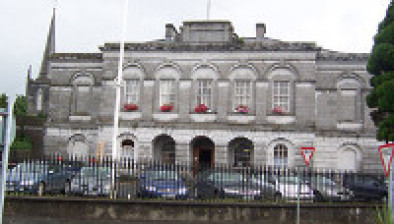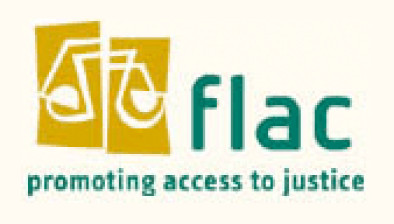Bar of Northern Ireland: Legal aid is an investment and not a ‘burdensome spend’

David Mulholland
Legal aid spending in Northern Ireland should be seen as an investment that lessens demand for other services including health and social care, the Bar of Northern Ireland has told MPs.
The Bar has made a 15-page submission to Westminster’s Northern Ireland affairs committee, which is currently conducting a follow-up inquiry into the funding of public services in Northern Ireland.
It focuses on the Department of Justice, which it says has been “chronically and historically underfunded”, though adds that Northern Ireland’s public finances as a whole are “unsustainable”.
Commenting on the submission, the Bar’s chief executive David Mulholland said: “It is irrefutable that the funding and delivery of public services across Northern Ireland are under enormous pressure.
“This position has been the subject of compelling analysis provided by the NI Fiscal Council showing the historic underfunding of the region as a whole.
“The situation has been exacerbated by a decade of political instability which has led to inconsistent in-year monitoring and budget setting, and a lack of ministerial direction and policy-setting.
“In April 2022, the Bar responded to the initial NIAC Inquiry through a joint submission with the Law Society of Northern Ireland. In this response we highlighted the core problems of system of public funding that did not properly address relative need, and the impact that a lack of an Executive had on budgetary management and strategic decision-making across NI Executive Departments.
“While our devolved institutions have been restored and the UK government has taken some action to raise the fiscal floor required for the region, the Bar of Northern Ireland has warned that Northern Ireland’s justice system continues to be chronically underfunded in comparison with other Executive departments.”
Some politicians have criticised the level of legal aid spending in Northern Ireland. The average spend per adult was £67 in 2022-23, compared to £37 in England and Wales, £26 in Scotland and £20 in the Republic of Ireland.
However, Mr Mulholland said the higher level of spending was directly correlated to “the greater socio-economic challenge that exists across Northern Ireland”, which needed to be taken into account.
He added: “Legal aid has been proven, through multiple research findings, to deliver wider savings across government and associated social benefits.
“Investment in legal aid can bring savings in other Departments, in the form of dealing with housing issues, appropriately addressing family and relationship breakdown, avoidance of A&E visits and better mental health outcomes.
“This lessens the demand for other services, such as health and social care, and improves outcomes and quality of life for individuals.
“Legal aid must be properly considered as an investment, not simply a burdensome spend.”










